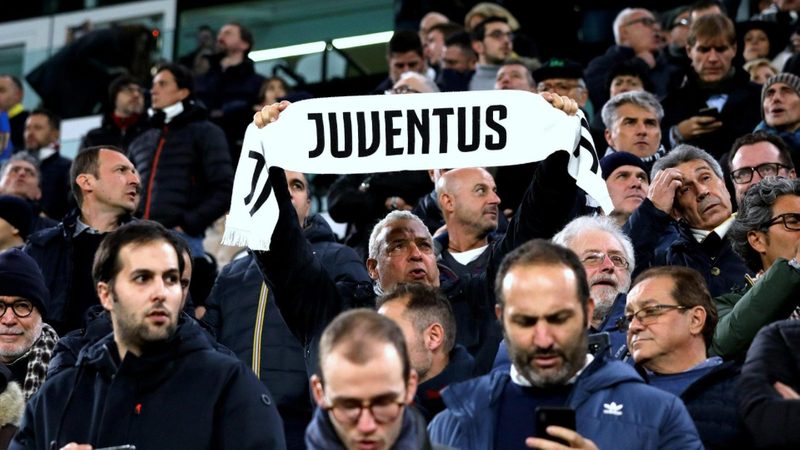
Juventus FC, one of European football’s most decorated clubs with a plethora of domestic and European titles in their cabinet, now find themselves in a spot of bother. Juventus were deducted 15 points from their ongoing league campaign, which took them down to 10th position in the standings.
But what made the Italian Football Federation sanction this massive penalty on the club? Let's find out:
Know why Juventus lost 15 points
A prosecutor working for the Italian Football Federation found Juventus guilty of financial violations, which includes artificially inflating player value for capital gains.
Capital gains is the difference between reported sale price and a player’s market value and Juventus’ manipulation of the same by artificially boosting player values to comply with Financial Fair Play (FFP) rules in the short-term is why they find themselves in trouble at the moment.
The prosecutor spotted several irregularities with the club’s financial activities in recent years and among the 62 transfers that were investigated, 42 of them included Juventus.
The swap deal between Barcelona and Juventus back in 2020, which saw Miralem Pjanic join the Catalan giants and Arthur Melo join the Old Lady, was a major talking point.
Barcelona are said to have paid €70 million for Pjanic while Juventus paid €80 million for Arthur, which was shown in the books as a swap deal plus €10 million paid by the Italian club.
However, due to FFP rules which showed Arthur’s value at €20 million, it allowed Barcelona to showcase a profit of €60 million and similarly, Juventus were able to report a profit of €57 million for Pjanic’s sale.
In essence, what Juve and several other clubs realised while sanctioning these transfers was that they could inflate the price of a player like in the aforementioned swap deal despite neither of them being remotely close to the stated value. This in turn enabled them to log inflated values on their books for their accountant, which is why they currently find themselves in hot waters.
Juve are also in the spotlight for claiming to have saved €90 million (£78m/$97m) in player salaries back in 2020, which kept the club's value steady on the stock market during the pandemic.
As a result, the federation sanctioned the club with a 15-point penalty. With 20 matches left in Serie A, the 36-time Italian champions find themselves 38 points behind league leaders Napoli. Although Juventus have appealed against this verdict to the Italian Olympic Committee, the jury does not have the power to overcharge the penalty and can only determine if it was a right decision or not.
It’s also worth noting that this is an investigation by Italian government authorities and not European football authorities.
At the moment, Juve are the only club that have been punished as they are alleged to have misled authorities and engaged in illicit accounting practices as a publicly traded company. Multiple individuals in the Juventus board who were involved in this scandal have also been banned from footballing activities.
Andrea Agnelli (President) and Pavel Nedved (Vice-President) had left the club in November 2022 after authorities cited their suspicion over the same issue. Agnelli will serve a 24-month suspension alongside Maurizio Arrivabene (CEO), while Nedved is banned for eight months.
Former Chief Football Officer of the club Fabio Patrici, who is currently employed with Tottenham Hotspur, has been handed a 30-month suspension, barring him from getting involved in any footballing activities in Italy.
This is not the first time Juventus find themselves in the news for all the wrong reasons. Back in 2006, Juventus were relegated to the second division after it was determined that former managing director Luciano Maggi exerted his influence to handpick referees for his club’s matches.
This scandal came to be known as the Calciopoli scandal and while it looked like the club had moved forward with nine consecutive scudetto triumphs since then, they now find themselves in trouble again as they look to overcome a massive 15 point deduction.
Photo Credit: Alamy





























